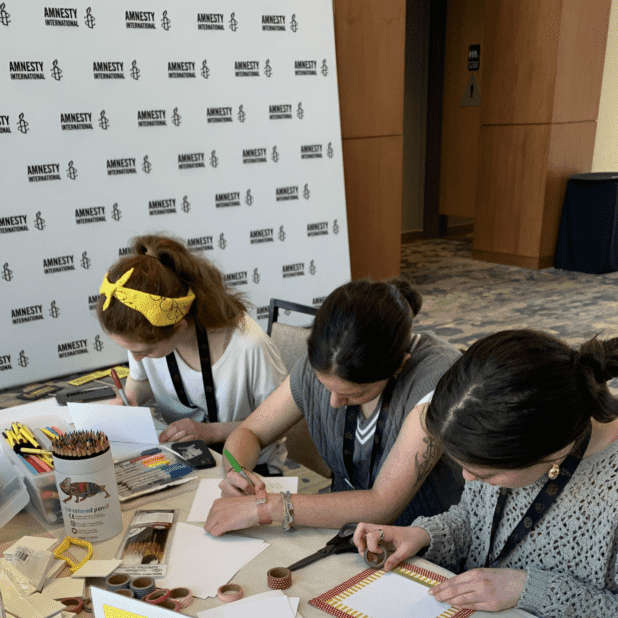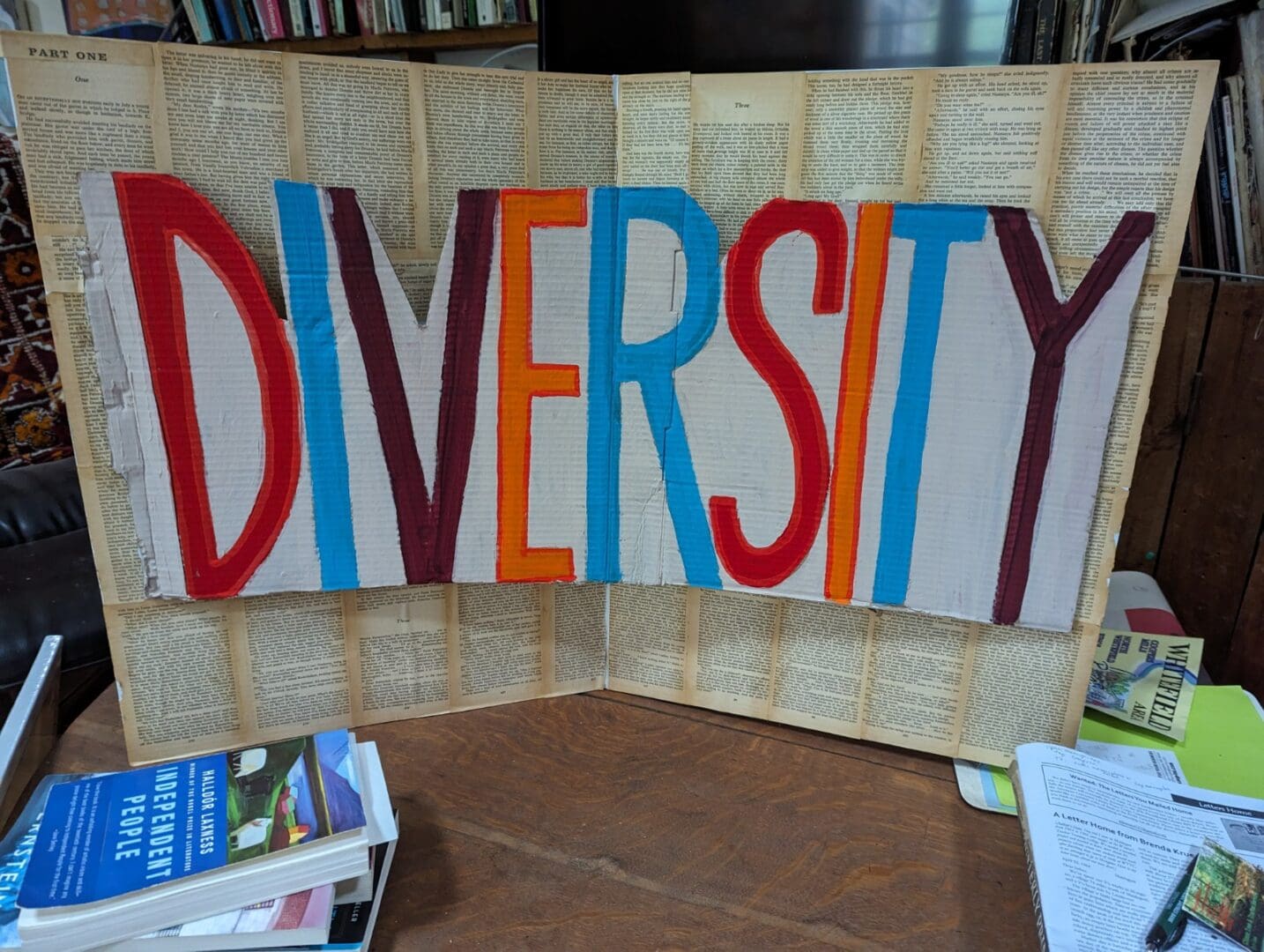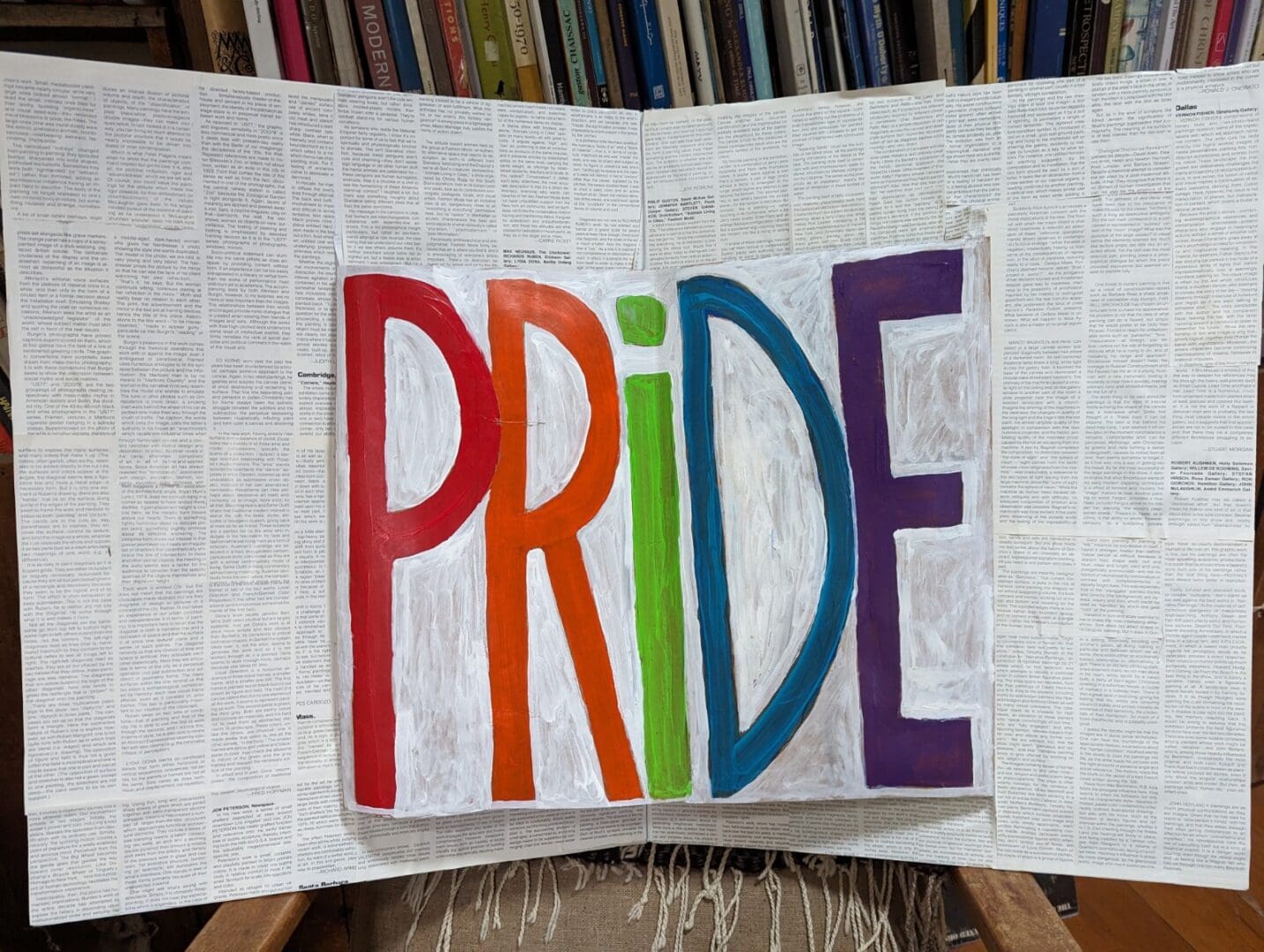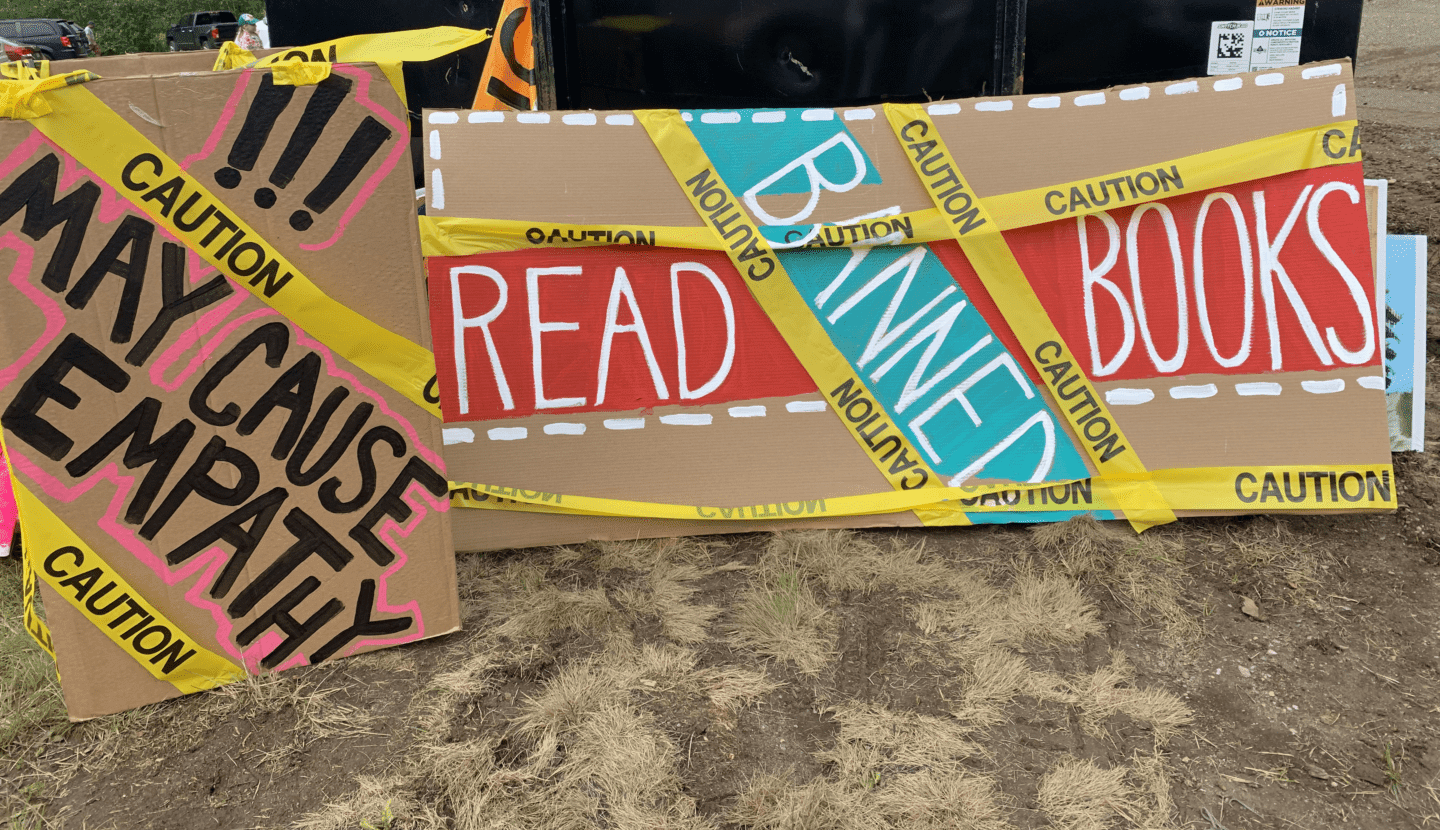Everyone has the right to freedom of opinion and expression; this right includes freedom to hold opinions without interference and to seek, receive and impart information and ideas through any media and regardless of frontiers.

Banned Books Week 2023
From September 15 through October 15, 2023, Amnesty International USA will spotlight six cases highlighting individuals or communities whose human rights are under attack because of their work as authors, journalists, bloggers, filmmakers, poets, novelists, photojournalists, publishers, academics, musicians, and librarians.
Freedom of Expression
Your voice matters. You have the right to say what you think, share information, and demand a better world. You also have the right to agree or disagree with those in power and to express these opinions in peaceful protests.
Exercising these rights – without fear or unlawful interference – is central to living in an open and fair society; one in which people can access justice and enjoy their human rights. Yet governments around the world routinely imprison people – or worse – for speaking out, even though almost every country’s constitution refers to the value of “free speech.”
Governments have a duty to prohibit advocacy of hatred that constitutes incitement to discrimination, hostility or violence, but many abuse their authority to silence peaceful dissent by passing laws criminalizing freedom of expression. This is often done in the name of counterterrorism, national security, or religion.
Amnesty International supports people who speak out peacefully for themselves and for others – whether a journalist reporting on violence by security forces, a women’s rights defender speaking out for women’s rights, or an Indigenous leader defending their land rights against big business.
We consider anyone put in prison solely for peacefully exercising their right to free speech to be a prisoner of conscience and call for their immediate and unconditional release.
Banned Books Week was founded in 1982 by prominent First Amendment and library activist Judith Krug. Krug said that the Association of American Publishers contacted her with ideas to bring banned books “to the attention of the American public” after a “slew of books” had been banned that year. Krug relayed the information to the American Library Association’s Intellectual Freedom Committee and “six weeks later we celebrated the first Banned Books Week.”
Every September since 1990, Amnesty International has worked with partners during Banned Books Week to draw attention to writers, editors, librarians, publishers, poets, musicians, and readers who suffer human rights violations because of their work. Because of the proverbial “power of the word”, many journalists and artists are under attack around the world — by governments and opposition groups.
As a member of the Banned Books Week Coalition and in solidarity with the American Library Association (ALA) and organizations around the world, Amnesty organizes and mobilizes action to defend and protect freedom of expression.


The repression of dissent and civil society remained one of the key human rights trends globally.

